Updates on key developments in genomics
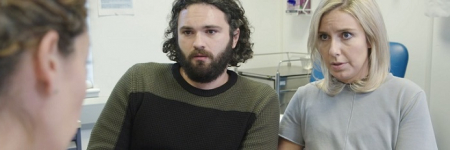
Delivering results: the patient perspective
As genomic testing becomes more prevalent, the ability to deliver results sensitively is paramount; so what matters to your patients and their families?
 https://www.genomicseducation.hee.nhs.uk/wp-content/uploads/2018/11/DNA-particles-strip.jpg
231
700
GEP Admin
/wp-content/uploads/2018/06/gep-white-logo-sm-v2.png
GEP Admin2018-11-01 16:16:112021-03-10 15:27:21Unlocking the secrets of the genome
https://www.genomicseducation.hee.nhs.uk/wp-content/uploads/2018/11/DNA-particles-strip.jpg
231
700
GEP Admin
/wp-content/uploads/2018/06/gep-white-logo-sm-v2.png
GEP Admin2018-11-01 16:16:112021-03-10 15:27:21Unlocking the secrets of the genome
Polygenic risk scores: how useful are they?
Being able to predict an individual’s risk of common conditions is regarded by many as the holy grail. So, where are we now?

Tuberculosis: genome sequencing and new treatment
TB cases are falling worldwide, but with hard-to-treat strains more prevalent than ever, how can genomics help? And what’s new on the treatment horizon?
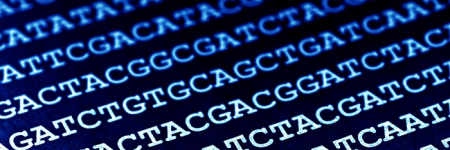
Your invaluable genome
Genomic data is the currency of a new era of medicine that promises incredible advances. Here, bioinformatician Nana Mensah explains why

Love bugs? Here’s five key facts about the microbiome
The DNA in your body doesn’t just come from you, thanks to the many millions of bacteria, virus and other cells that reside in you and on you
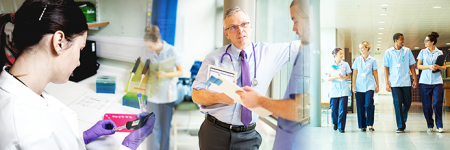
Building on the legacy of the 100,000 Genomes Project
As the pioneering project recruits its last participants, we look forward to the NHS’s plans for a Genomic Medicine Service for all
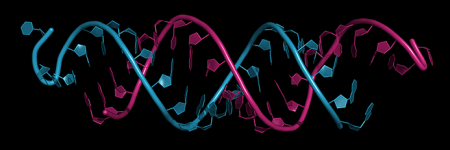 https://www.genomicseducation.hee.nhs.uk/wp-content/uploads/2018/09/RNA-interference-1.jpg
231
700
GEP Admin
/wp-content/uploads/2018/06/gep-white-logo-sm-v2.png
GEP Admin2018-09-18 12:33:582021-03-10 15:23:37First RNA-based therapy approved in US and Europe
https://www.genomicseducation.hee.nhs.uk/wp-content/uploads/2018/09/RNA-interference-1.jpg
231
700
GEP Admin
/wp-content/uploads/2018/06/gep-white-logo-sm-v2.png
GEP Admin2018-09-18 12:33:582021-03-10 15:23:37First RNA-based therapy approved in US and Europe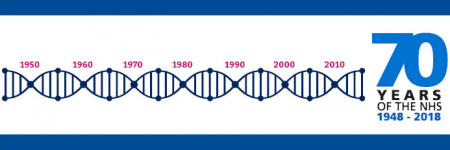
70 years of genetics and genomics in healthcare
Our new timeline infographic illustrates how genetics, and later genomics, has evolved over the lifetime of the NHS
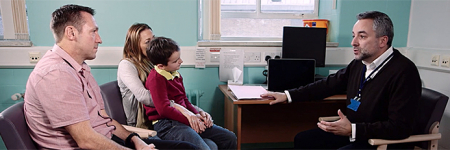
Day in the life: consultant in clinical genetics
In this third piece in our series looking at genomics careers, Dr Andrew Douglas describes a profession at the cutting edge of healthcare

Sequencing the enemy: the genomics of infectious diseases
It’s not just human genomes that interest us in healthcare – the genomes of infective organisms can help us identify, track and prevent infection

Rare disease, genomics and the future
In the run-up to Rare Disease Day, we outline what constitutes ‘rare’ and how genomics is used in diagnosis and management
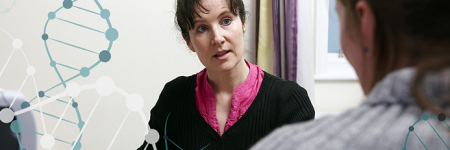
Direct-to-consumer genetic tests at an all-time high…
… but how can healthcare professionals make sure they are equipped to support patients who are worried and distressed about their results?

Day in the life: trainee genetic counsellor
In the first article from a new series, STP trainee Alice Coulson looks at the invaluable role of genetic counselling in today’s health service

UK rare disease strategy: the plan for implementation
Four years on from the government’s rare disease strategy, its implementation plan has been published. Here’s our summary of the key areas of focus
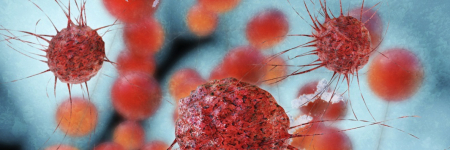
New liquid biopsy can detect eight common cancers
Blood test could ‘change the way we screen for cancer’, though more research is needed to ensure its efficacy in a real-world screening context

Cancer immunotherapy: predicting outcomes
Today's monoclonal antibody treatments benefit some patients but can be harmful to others; the search for reliable predictive biomarkers is on
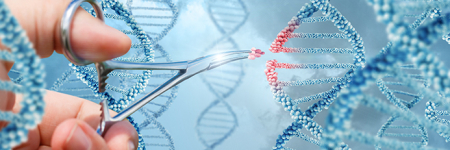
Genome editing: Talking to patients
With genome editing hitting the headlines, patients may have questions about its applications. Here’s our concise guide for health professionals

Earlobe genetics pierces the monogenic myth
Your earlobe shape was thought to be controlled by a single gene – until genome sequencing revealed otherwise. What other misconceptions will be uncovered?

Genomics in 2018: 3 key predictions
We asked three wise men and women to tell us what they think 2018 will bring for genomics in healthcare

What is NIPT?
Non-invasive prenatal testing will be rolled out in the NHS next year. But how does it work? And what are the benefits?


